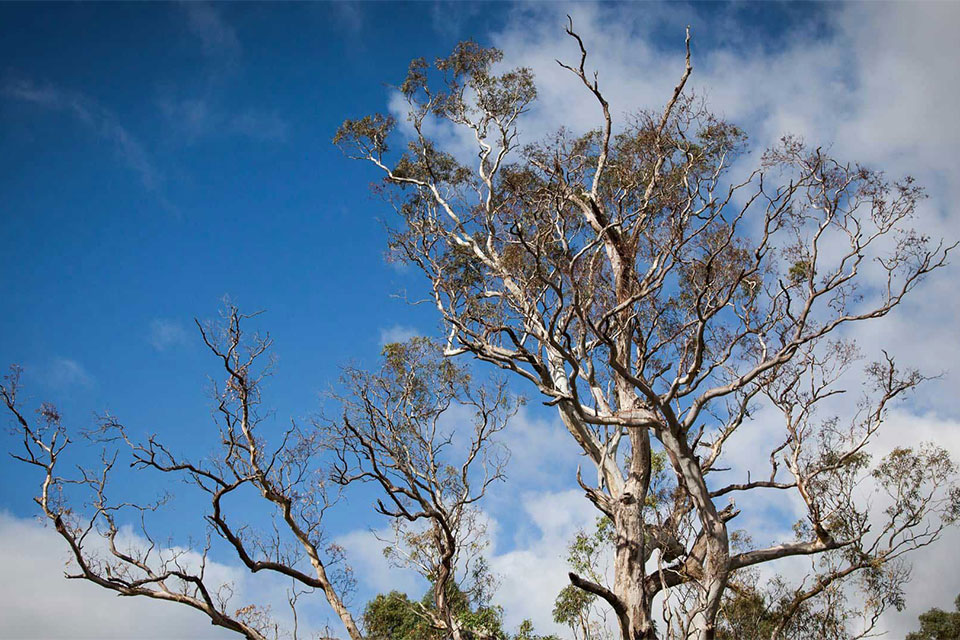RMIT’s Disaster Research Network research capabilities connect across three interlocking themes.
Resilient Infrastructures and Environments
Resilient Communities and Governance
Whole-of-Society Resilience
Resilient Infrastructures and Environments
Resilient Infrastructures and Environments is about understanding, designing, and maintaining natural and human-made environments that support resilience, from disaster risk reduction to the planning and design of critical infrastructure. The theme also encompasses the digital and cyber-physical systems that support timely and relevant information about hazards and disaster risk to inform better decisions for stakeholders across all areas of government and society.
Resilient Communities and Governance
Resilient Communities and Governance focuses on understanding the factors that contribute to individual, family, and community resilience, reduce disaster risk, and empower communities to better withstand extreme and unexpected events; and ensure decision makers are prepared and equipped with the tools, data, and mechanisms to design and implement policies and take decisions in support of resilience.
Whole-of-Society Resilience
The combined perspectives of Resilient Infrastructures, Environments, Communities, and Governance are important. However, natural hazards and disaster researchers at RMIT also adopt an integrated approach to research that takes a strategic, whole-of-society view of resilience. We bring together interdisciplinary and transdisciplinary teams with the mix of skills and expertise needed to engage in impact-focused research at scale and across all response stages and timescales.
Whole-of-Society Resilience acknowledges that a combination of different methodologies, technologies, approaches, and ways of knowing must come together for sustainable and just community resilience. This theme encompasses integrated, transdisciplinary, and impact-focused programs of strategic disaster resilience research that aim to bring about step changes needed in meeting tomorrow’s challenges.

Capability statement
More details on the research capabilities of RMIT's Disaster Research Network can be found in our Natural Hazards and Disaster Resilience Capability Statement, available to download through the link below.


